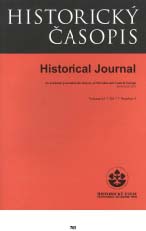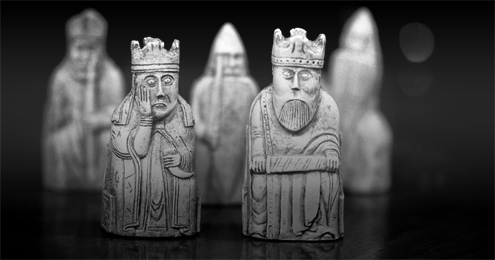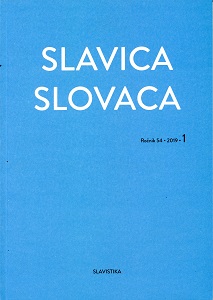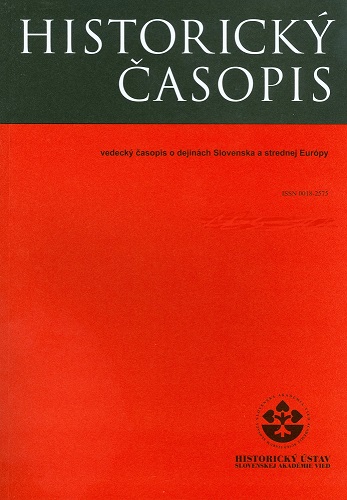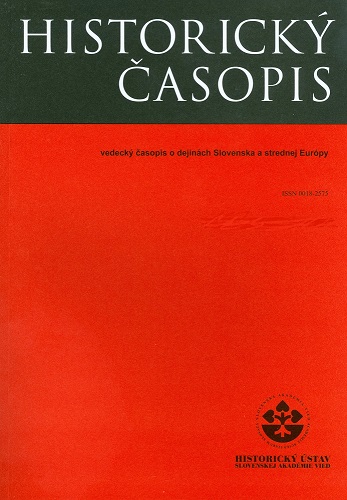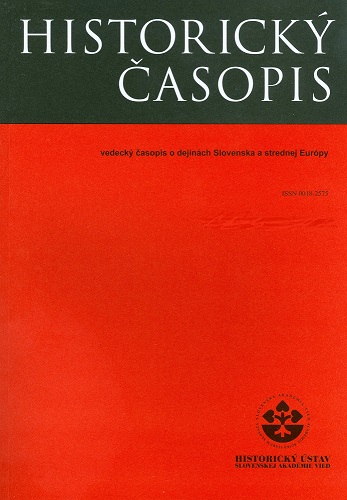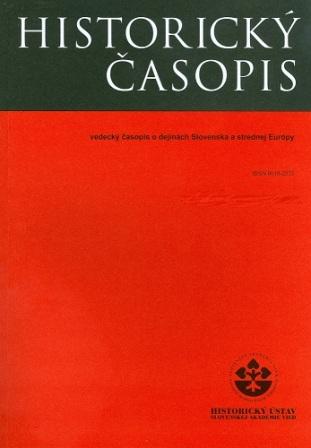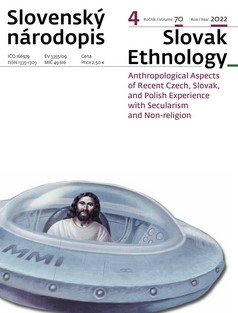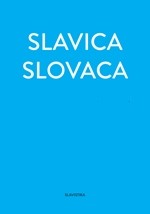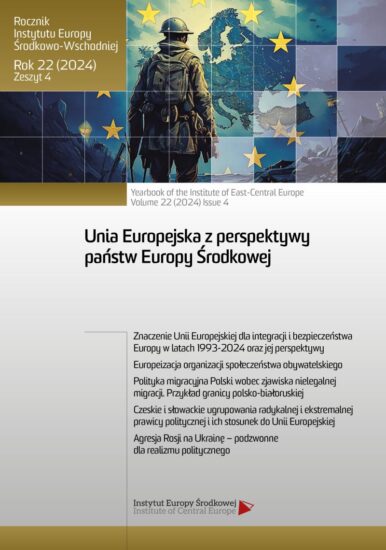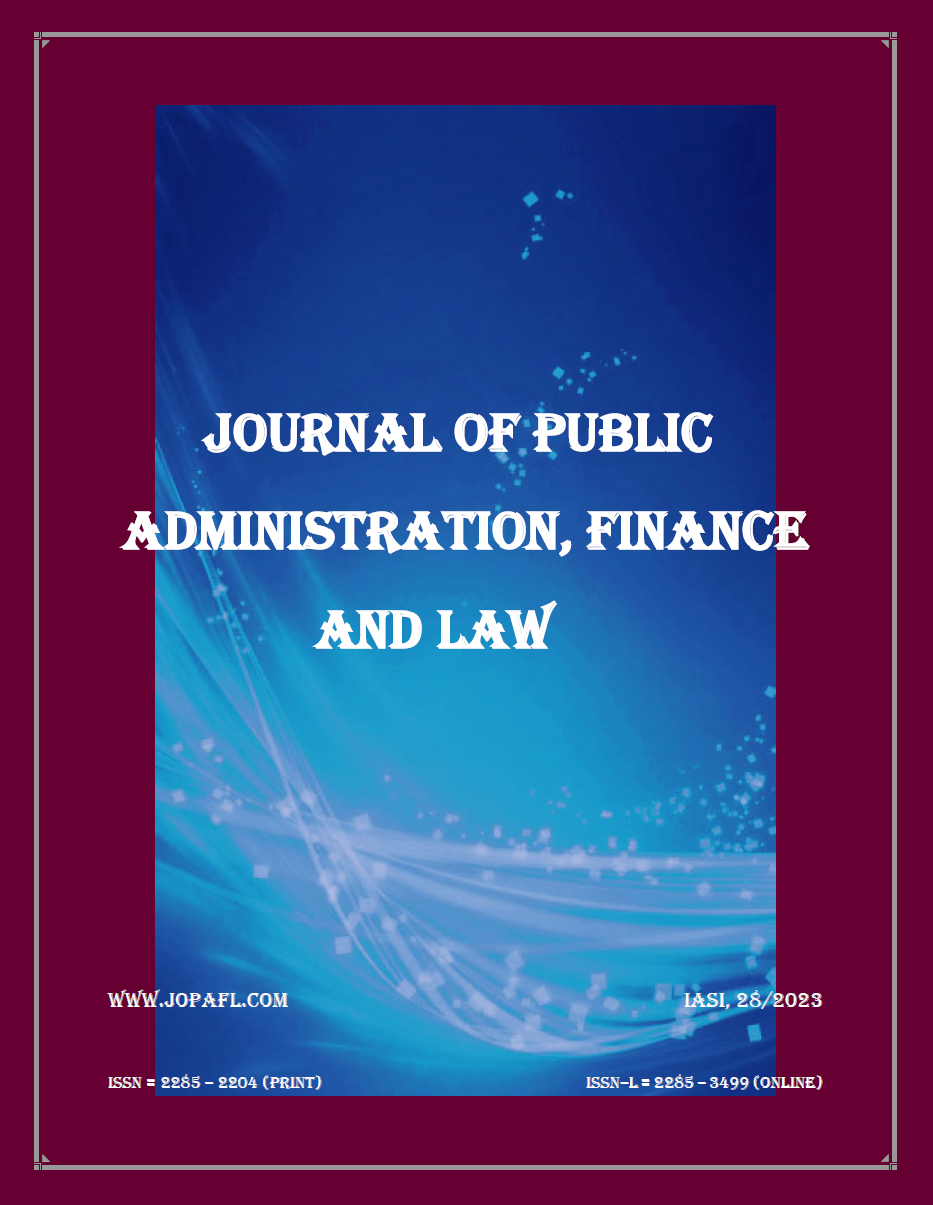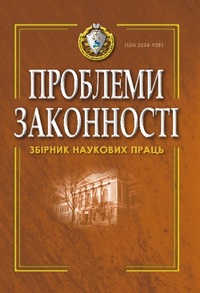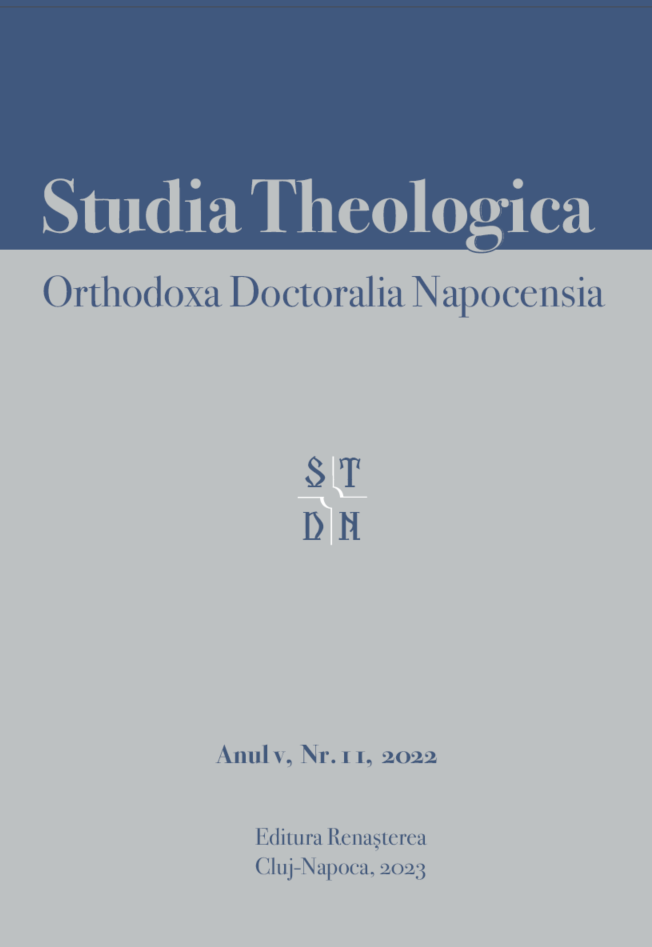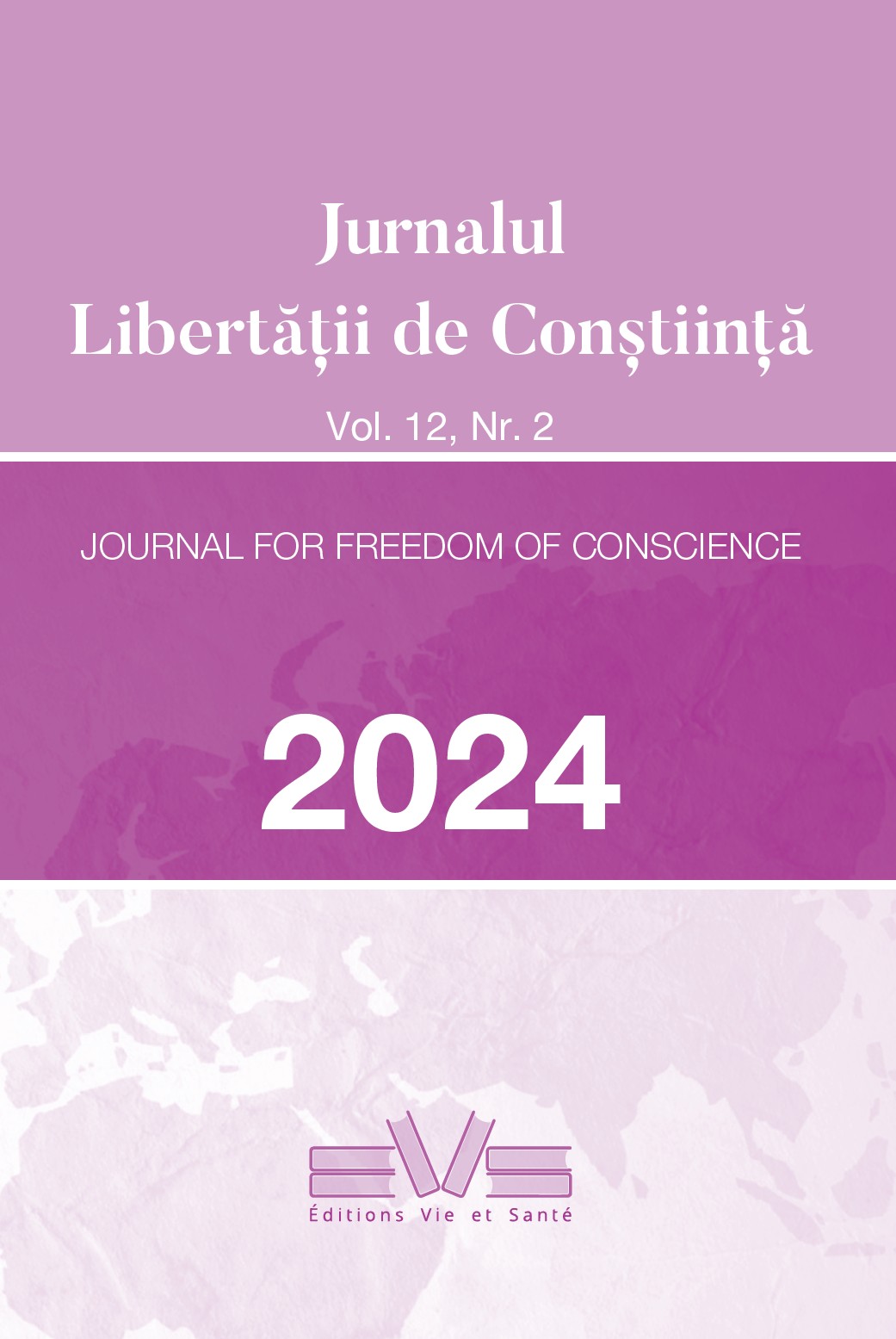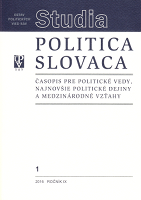
The dwarf and the giant: Montenegrin-Russian relations and Montenegro’s ‘cult of Russia’, c. 1700-2015
This article tries to make an analysis of a rather special political and historical phenomenon: the, perhaps, unique relationship between Montenegro and Russia as it evolved during a period of three centuries. This connection can be described as one between a dwarf and a giant, as an asymmetrical relationship with an ideological as well as a pragmatic dimension that was attractive for both parties. The origin of direct Montenegrin-Russian relations can be found in the early years of the eighteenth century, the era of Peter the Great and of a new stage in Montenegrin political history and state consolidation. This ‘founding period’ has to be paid particular attention to, in order to understand the relationship that followed. In the special political and cultural conditions of an increasingly expansionist Montenegro, the ‘cult of Russia’ emerged as an ideological, but also functional, ritual to reinforce Montenegro’s efforts to survive and to become a more important factor in the western Balkans region. But the tiny principality was dependent on the vagaries of international politics and Russian policy. The dwarf aspired to be a little Russia and to emulate the giant. A clear definition of friend and foe and a policy of territorial expansion were seen as part of this. On the level of national-cultural identity this led to a politicisation of the Orthodox faith. In the ideological sphere it also meant the building of a mythical past to legitimise an expansionist ethos of often-irresponsible dimensions.
More...
